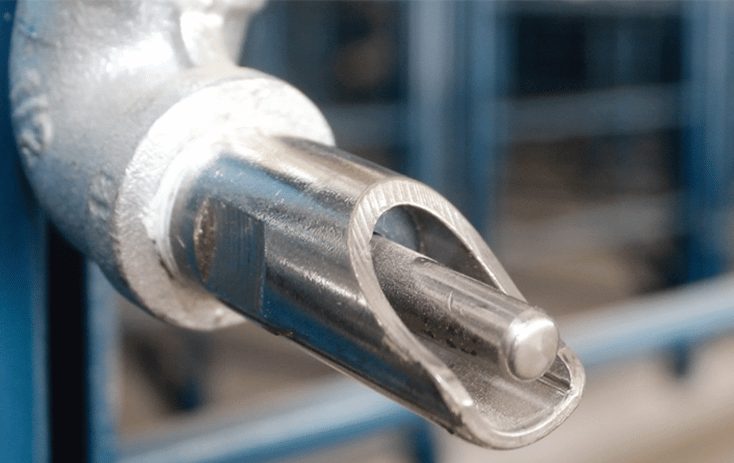Source: Retha Engels, Meadow Feeds, Porcus July/August 2021, photo credit: Hog Slat
The importance of water quality in pig farming is often underestimated. The water intake of growing pigs is generally three times as high as the quantity of dry feed they consume. A farrowing sow has a water intake of at least 20 litres a day. Clean drinking water is therefore crucial for the healthy growth and development of pigs.
Water has a direct influence on feed consumption and should be clean, drinkable and free of harmful substances. The quality of surface and ground water is highly variable and may contain a variety of micro-organisms such as viruses, bacteria, protozoa, algae or even eggs of intestinal parasites. While not all micro-organisms are harmful, highly contaminated water is a strong index of poor water quality that may impact the health of pigs. E. Coli, Vibrio cholerae and various species of Salmonella and Leptospira can be found in poor quality water.
Generally, coliforms and Staphylococcus species must not be present in 100 mL of water, Salmonella must not be present in 5 L, Enterovirus in 10 L and not more than one spora of Chlostridia must be present in 20 mL of water.
The quality of water is evaluated by microbiological, physical and chemical criteria. Certain chemical compounds in water are important and may be toxic for animals. The chemical parameters to be evaluated include nitrate, nitrite, sulphate, chloride, iron and hardness, all measured in parts per million (ppm). To evaluate possible reactions to these compounds, the short- or long-term intake level, animal age and animal health are all to be considered.
Furthermore, the ingestion of harmful substances may not necessarily cause any measurable effect on growth, production or reproduction, but may cause sub-cellular damage that can result in increased susceptibility to parasitic invasion or disease.
When taking water samples for testing, different points in the water circuit should be sampled. Water at the source may be of a suitable quality for pigs, but it may be contaminated in the water line due to the formation of biofilm or microbial contamination from the nipple drinkers. When testing water quality, each of the important parameters that determine water quality, has a level that is considered safe for animal consumption.
Read more
The South African Pork Producers’ Organisation (SAPPO) coordinates industry interventions and collaboratively manages risks in the value chain to enable the sustainability and profitability of pork producers in South Africa.







